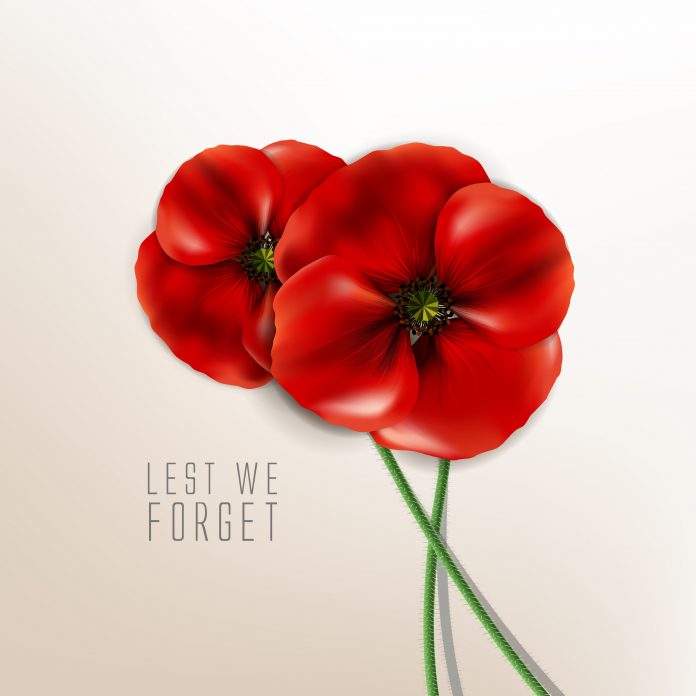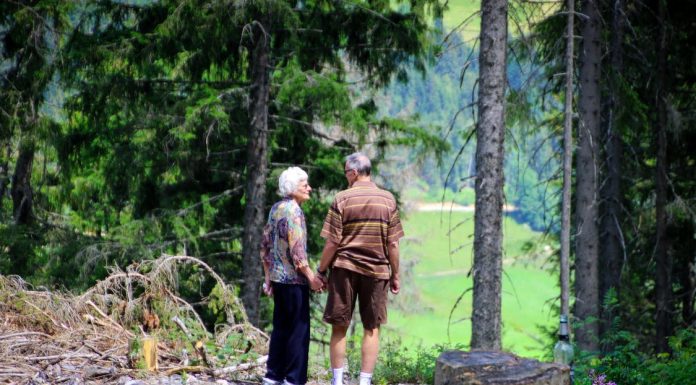Adults and seniors know all about Remembrance Day. We know why there is a special day to commemorate those who died fighting for our countries. For many of us we remember the actual wars. We understand why we wear poppies on Remembrance Day and hold Remembrance Day ceremonies. For younger children, the concept of Remembrance Day can be difficult. You can tell them that their great-great grandfather died fighting in a war. For most grandchildren born in the western hemisphere the concept of war itself is difficult.
How can we help our grandchildren understand Remembrance Day?
- Start with a simpler idea such as making sure your grandchildren understand the difference between peace and conflict. It could be as easy as describing one as kindness and gentleness. The other would be arguing and fighting. From there you can go on to explain that sometimes countries get involved in arguments.
- Tell them a story about one of their relatives that may have been involved in the war. Explain that we have periods of silence on November 11th to remember all of the soldiers that fought for us so we could live in a free country.
- Recite the poem In Flanders Fields to them and show them how poppies became a sign of significance for Remembrance Day. Tell them that on and near Remembrance Day people wear a poppy as a sign of remembering and also of thankfulness.
- Explain to your children how important peace is and go with them to purchase a poppy that they can wear on Remembrance Day.
Ask your grandchildren if they would like to attend a local Remembrance Day ceremony or watch one on television with you. They may discover that by being part of the ceremony, it means more to them. Teaching children the concept of peace at an early age can lead to their becoming well adjusted adults.
























